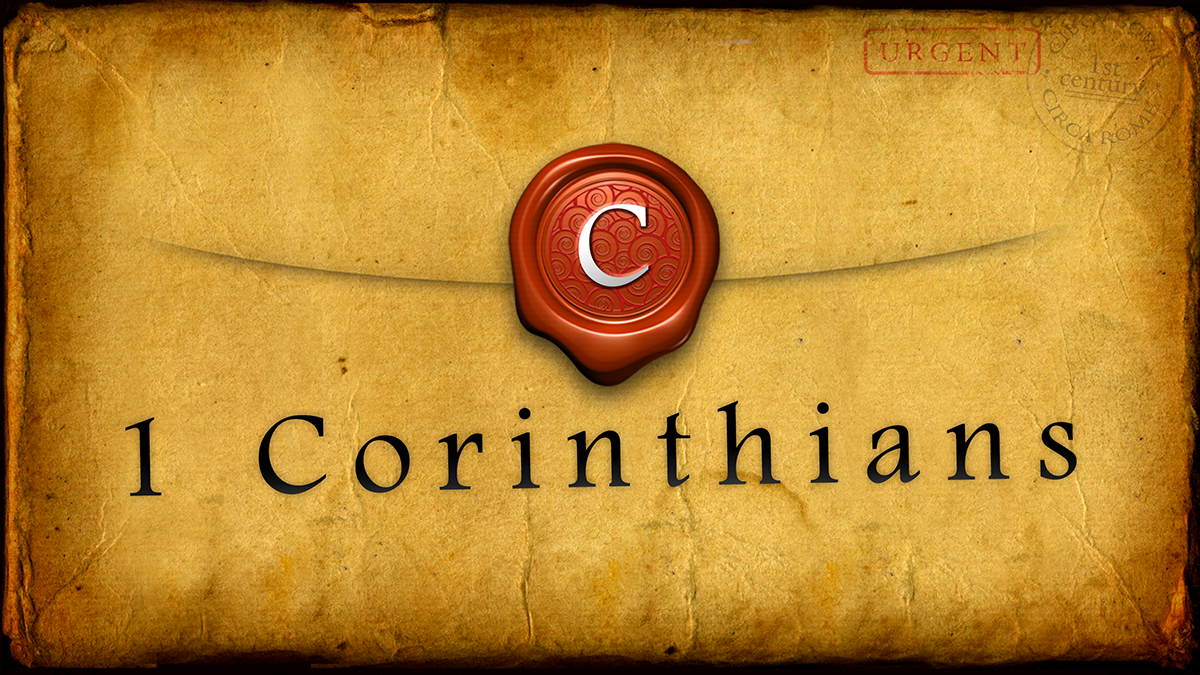Basic Facts from Ephesians (Part 1)
The church at Ephesus was established in Acts 19, when the apostle Paul encountered a group of about a dozen men (evidently Gentiles) who were disciples of John the baptizer (vv. 1-7). When he realized that their understanding was incomplete, Paul told them “the rest of the (gospel) story” and they were baptized into Christ. The letter to the Ephesians is one of the “prison epistles” (Ephesians, Philippians, Colossians, and Philemon), written during the time when Paul was imprisoned in…
Basic Facts from Galatians (Part 5)
“Brethren, if a man is overtaken in any fault, you who are spiritual restore such a one in a spirit of gentleness, considering yourself, lest you also be tempted” (Galatians 6:1). Here, Paul is writing about a Christian who is “surprised” by sin – caught off-guard – rather than a person who deliberately chose to sin. From the beginning of the bible, we are warned to “be on guard,” “be alert,” “watch,” etc., against the evil one’s temptations. There are…
Basic Facts from Galatians (Part 4)
When Paul writes about “liberty” in Galatians 5:1, this word refers to freedom from the guilt and condemnation of sin – NOT “freedom” to do as we please without consequences. Paul is pointing Christians to the fact that being forgiven of our past sins does not give us a “license” to engage in new sins! Peter had described the Law of Moses as a “yoke of bondage” that should not be imposed on Gentile Christians (Acts 15:10), and as Paul…
Basic Facts from Galatians (Part 3)
In Galatians 3:1, Paul asks a question designed to challenge the Galatian Christians’ thinking about their own salvation. It appears that someone had been trying to persuade these (mostly) Gentile Christians that they first had to become proselyte Jews, before they could actually be saved through Jesus. Paul confronts this doctrine in verse two by asking how these believers had become Christians in the first place. By emphasizing that the keeping of Moses’ law had played NO part in their…
Basic Facts from Galatians (Part 2)
The second chapter of Galatians introduces Paul’s experience in Jerusalem after his conversion to Christ (about seventeen years earlier, cf. Galatians 1:18 and 2:1). He went there to confer with the other apostles, as a way of confirming that the message he was preaching – among the Gentiles – was the same as they had presented to the Jews (and it was, 2:9-10). While he was in Jerusalem, however, some “false brethren” attempted to impose additional requirements on what Paul…
Basic Facts from 2 Corinthians (Part 5)
Paul notes in 2 Corinthians 11:12-15 that some in the first-century church were not faithful in their teaching, not honest in their motives, and not open about their intentions, when they presented themselves to the Corinthian Christians as teachers and “leaders.” Our world thrives on the notion that all beliefs and ideas (and therefore, all who present them) are equally valid and worthy of respect. Paul clearly did not subscribe to this opinion! In verse 12 he plainly states his…
Basic Facts from 2 Corinthians (Part 4)
Some of the bible’s most specific instructions about giving are found in the ninth chapter of Second Corinthians. Paul already pointed out in chapter eight that personal commitment is the fundamental key to genuine Christian generosity; now he will emphasize several important, corollary principles on the subject, in chapter nine. The context of his instructions here relates to a “special contribution” to assist oppressed Jewish Christians in Jerusalem. This particular offering stands out because it was gathered from among Gentile…
Basic Facts from 2 Corinthians (Part 3)
One of the most fundamental new testament concepts appears in 2 Corinthians 5:1, in Paul’s contrasts of the ancient tabernacle and the ancient temple of the Mosaic era. His analogy compares our earthly and physical existence with the promised heavenly destiny that awaits the faithful. The important point we should note is that the “building” from God is a reference to the church, which is comprised of the saints. Our “tabernacle” existence (i.e., this earthly condition) is a temporary one,…
Basic Facts from 2 Corinthians (Part 2)
Paul uses a pair of interesting and significant contrasts in chapter 2:14-17 to compare himself and his ministry among the Corinthians with some who were troubling the church there. The comparisons here highlight the distinctive character that should set the genuine Christian apart from the rest of the religious world. Paul begins with an image of Jesus as the victorious general of His army, displaying His conquest and success in a triumphal parade (vs. 14). This image was very familiar…
Basic Facts from 2 Corinthians (Part 1)
The church at Corinth was established by the apostle Paul when he arrived in that ancient city in Acts 18. The environment he encountered there was actually very similar to modern western society; Corinth was an unusually wealthy city, and the people there were very focused on the trappings of luxury and decadence. Corinth was famous throughout the ancient world for both religious diversity and for flagrant immorality. For most people in that era, to be called a “Corinthian” was…
Basic Facts from 1 Corinthians (Part 6)
Perhaps THE most important “key” to understanding what the Holy Spirit inspired Paul to write about miracles is to recognize that 1 Corinthians 12-14 is actually one long, complete context. It was NOT divided into chapters by Paul, and dividing it has led many to miss the continuity of thought here. Paul introduces the subject of “spiritual gifts” (miraculous abilities) in chapter 12 and explains that, while each miraculous gift had its own purpose, all came from the same source…
Basic Facts from 1 Corinthians (Part 5)
First Corinthians 11 is probably familiar to most Christians for Paul’s instructions about the Lord’s Supper (vv. 23-32). There are several significant points every Christian should recognize in these verses. Notice first that Paul expressly says that he taught the Corinthian saints to observe the memorial of the Lord’s death exactly as Jesus delivered it to him, verse 23. (In verses 23b-25 he describes exactly what the Lord told him – and this record agrees perfectly with the accounts in…



